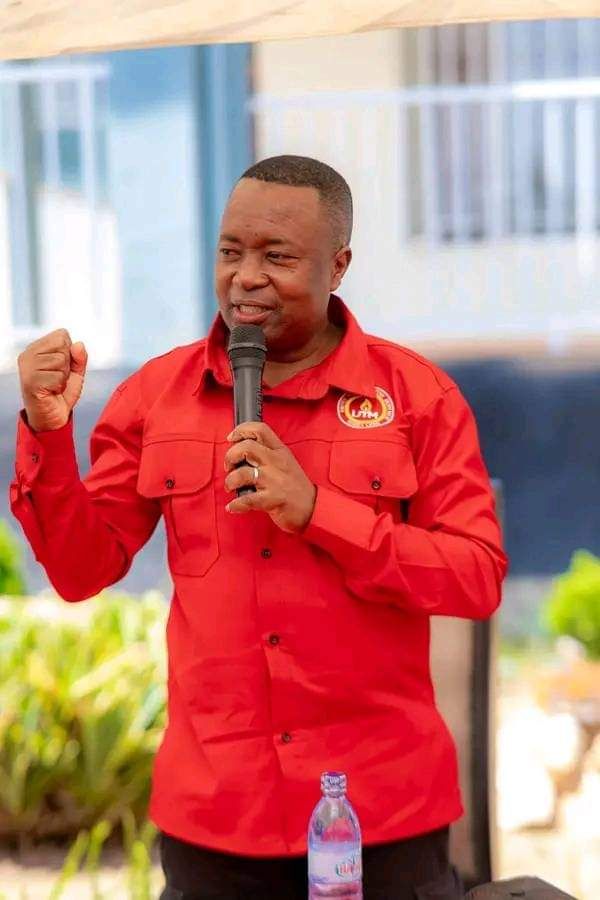By Burnett Munthali
In the fluid and often unpredictable arena of Malawian politics, the United Transformation Movement (UTM) has charted a path defined by bold decisions. However, some of these decisions have proven to be politically costly. The 2019 decision to form an electoral alliance with the Malawi Congress Party (MCP) was the first major blunder, and now, as the party eyes the 2025 presidential election, a decision to contest solo would mark the second major misstep.
The Tonse Alliance, forged out of necessity to dislodge the Democratic Progressive Party (DPP) in 2020, initially seemed like a strategic masterstroke. It brought together a diverse coalition of political forces united by a common goal. However, for UTM, it quickly became apparent that the alliance tilted heavily in favor of MCP, with President Lazarus Chakwera consolidating power and marginalizing UTM in governance.

UTM supporters have long expressed dissatisfaction with the alliance, citing a lack of recognition and influence for the party’s efforts. Vice President Saulos Chilima, the face of UTM, has often been sidelined, leaving many to question the wisdom of entering the alliance in the first place. The failure to secure significant influence within the government exposed UTM’s vulnerability and lack of leverage.
Now, as UTM contemplates breaking away from alliances to contest the 2025 presidential election on its own, it risks repeating history—this time in a more perilous way. While the party seeks to establish its independence and identity, the decision to go solo ignores the realities of Malawi’s political landscape, where alliances remain crucial to electoral success.
UTM lacks the grassroots structures and broad support base needed to mount a formidable solo campaign. The political terrain is dominated by regional and ethnic voting patterns, and UTM’s influence remains largely concentrated in urban areas. Without the backing of a larger party or coalition, its chances of securing a significant share of the vote are slim.
Instead of retreating into isolation, UTM must consider forming alliances that align with its vision and provide tangible benefits for the party. A calculated partnership with a party that complements UTM’s strengths could reinvigorate its political standing and address the grievances of its supporters.
Going solo would not only isolate UTM but also diminish its relevance in the broader political discourse. It is a gamble that could see the party relegated to the fringes, undoing years of effort to build its brand as a force for transformation.
UTM’s alliance with MCP was a mistake that exposed the party’s lack of foresight and strategic planning. However, the decision to contest the 2025 presidential election solo would be an even greater error, potentially sealing the party’s political fate. In a highly competitive and coalition-driven political environment, UTM must embrace pragmatism over pride, seeking partnerships that will ensure its survival and relevance.
The road to 2025 is a critical juncture for UTM. The choices made now will determine whether the party remains a significant player in Malawian politics or fades into obscurity. It is a moment that calls for reflection, recalibration, and a willingness to learn from past mistakes.


